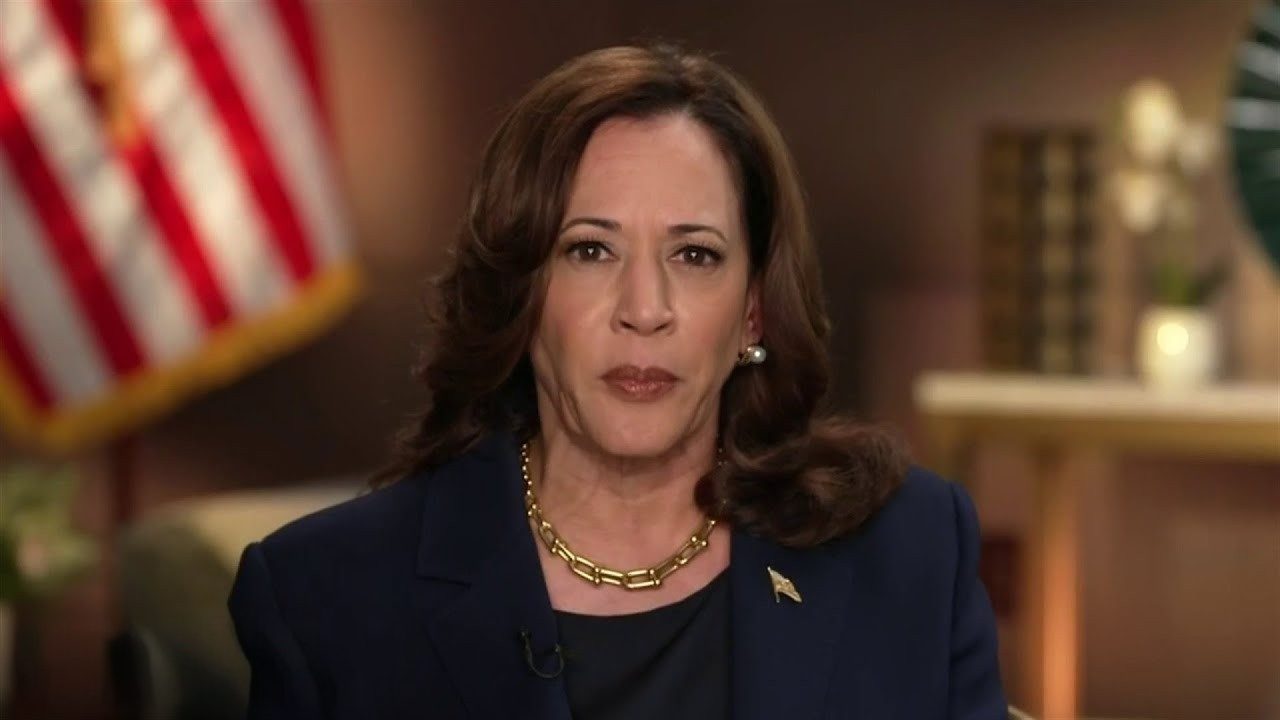In a stunning revelation, Kamala Harris is under fire after accusations surfaced that her book, Smart on Crime: A Career Prosecutor’s Plan to Make Us Safer, contains significant instances of plagiarism. The allegations, brought forward by conservative activist Christopher F. Rufo, claim that Harris lifted content from various sources, including news reports, government documents, and even Wikipedia, without proper attribution. The bombshell report has sparked controversy as Harris hits the campaign trail.
https://twitter.com/realchrisrufo/status/1845847428207145110
Rufo, known for his investigative work, laid out several specific examples of alleged plagiarism from Harris’s book, which was published in 2009 and co-authored with ghostwriter Joan O’C Hamilton. The book was instrumental in bolstering Harris’s image as a tough-on-crime reformer during her bid for California Attorney General. But Rufo’s analysis suggests that this reputation may have been built on borrowed—or outright copied—content.
One of the first cases Rufo highlighted involves a passage on high school graduation rates, which appears to be directly lifted from an NBC News report. According to Rufo, the text, along with specific statistics, mirrors an AP/NBC News report from the same period. Despite the near-verbatim resemblance, no attribution was given to the original source.
We can begin with a passage in which Harris discusses high school graduation rates. Here, she lifted verbatim language from an uncited AP/NBC News report: pic.twitter.com/pZv5mD3m5t
— Christopher F. Rufo ⚔️ (@realchrisrufo) October 14, 2024
Another troubling example involves a passage describing a drug prevention strategy in High Point, North Carolina. Rufo claims that Harris borrowed heavily from a John Jay College of Criminal Justice press release, including entire paragraphs detailing the strategy’s success. Rufo explained, “Kamala Harris has become famous, in part, for her unique rhetorical style. But now it seems that style extends to copying from press releases without so much as a citation.”
Perhaps the most eyebrow-raising allegation is Harris’s alleged use of Wikipedia as a source. In a section on a New York court program, Harris reportedly copied directly from a Wikipedia entry, presenting it as original content. Not only did she fail to cite the source, but she also appears to have inaccurately presented some of the information. Rufo pointed out that Harris misrepresented a statistic on illegal vending in New York, relying on an incorrect interpretation of the Wikipedia entry she allegedly plagiarized.
In a section about a New York court program, Harris stole long passages directly from Wikipedia—long considered an unreliable source. She not only assumes the online encyclopedia's accuracy, but copies its language nearly verbatim, without citing the source. Here is Harris's… pic.twitter.com/qrwHE8AAgk
— Christopher F. Rufo ⚔️ (@realchrisrufo) October 14, 2024
The accusations don’t end there. Rufo’s report outlines additional instances where Harris is said to have copied language from various sources, including a Bureau of Justice Assistance report and a promotional document from the Urban Institute. The lack of citations throughout has led to questions about Harris’s integrity, especially as she vies for higher office.
Finally, when attempting to write a description of a nonprofit group, Harris simply lifted promotional language from an Urban Institute report, and failed to cite her source: pic.twitter.com/WpcC0SkpT5
— Christopher F. Rufo ⚔️ (@realchrisrufo) October 14, 2024
Plagiarism is no small offense, and in the political arena, it’s a mark that could tarnish Harris’s credibility. While ghostwriters often contribute to public figures’ books, ultimate responsibility for content lies with the author. Rufo has called on Harris and her publisher to retract the plagiarized sections and issue a public apology.


Leave a Comment